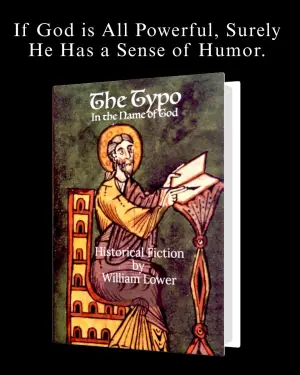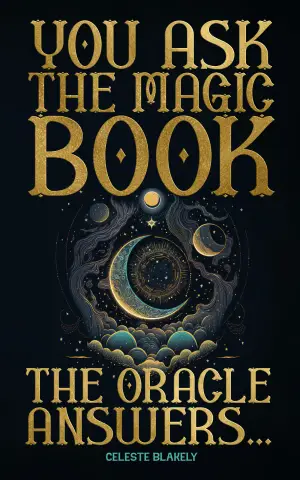I recently delved into Madeline Miller’s The Song of Achilles, and what an extraordinary reading experience it was! As someone who enjoys historical fiction, particularly when it intersects with mythology, this retelling of the legendary tale of Achilles and the Trojan War caught my attention. The blend of rich character development and the exploration of love amidst war promised to be captivating.
First off, Miller’s writing shines throughout the novel, making it a true page-turner. I found myself completely immersed in the world of ancient Greece, surrounded by gods and heroes. This storytelling approach is beautifully articulated, delivering emotional depth while staying true to the mythic roots of The Iliad. The author effectively captures the essence of the characters, particularly Patroclus, whose point of view guides us through the narrative in a way that feels both familiar and groundbreaking. The way the relationship between Patroclus and Achilles is depicted is raw and heartwarming, adding a layer of humanity to a story often reduced to tales of glory and heroism.
However, as much as I enjoyed the emotional aspects of the book, there were points where I found the pacing a bit uneven, particularly in the middle sections. It occasionally felt like some parts dragged on longer than necessary, and I yearned for a bit more action to break up the narrative flow. While I can appreciate Miller’s dedication to character exploration, I wished for a swifter transition during some of the quieter moments.
Another aspect that stood out for me was the author’s portrayal of the goddess Thetis. Her characterization brings to life the ancient savagery and chill of mythology, offering a vivid reminder of the stakes involved, not just for the heroes but for those entwined in their fates. This was indeed one of the highlights of the book, aligning closely with the sentiment expressed by critics who lauded Thetis’s depiction.
On the flip side, some readers mentioned that they encountered difficulty with the novel’s emotional weight. I personally found this to be a profound strength rather than a drawback. The emotional gravity of Patroclus’s journey and his relationship with Achilles resonated with me, making their struggles all the more poignant. It’s a love story layered with the inevitabilities of war and loss, and I think Miller handled these themes beautifully.
Reflecting on the book’s description, it truly is a "dazzling literary feat" that reimagines The Iliad, delivering an experience that feels both epic and intimate. The interplay between gods and men illustrates not only the grandeur of the myth but also the tragic beauty of human connections. When I finished reading, I felt a profound sadness—a testament to how deeply Miller’s characters had rooted themselves in my heart.
In conclusion, The Song of Achilles is a beautifully crafted retelling that manages to be both an action-packed adventure and a deeply emotional love story. While it has its pacing issues and may prove overwhelming in its emotional weight for some readers, the overall journey is well worth taking. Fans of Greek mythology, historical fiction, or heart-wrenching love stories will find ample rewarding moments within its pages. I wholeheartedly recommend it for anyone looking to explore the depths of human emotion through the lens of myth. This novel stays true to its reputation as a New York Times Bestseller, and I’m grateful to have experienced such a rich tapestry of storytelling.
Discover the captivating journey of love and fate in “The Song of Achilles.” >>








